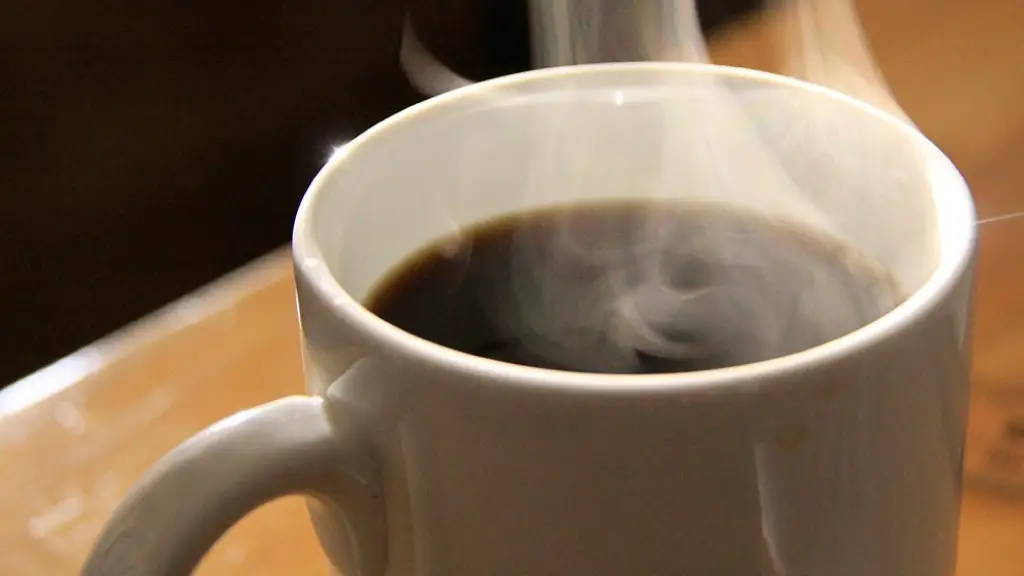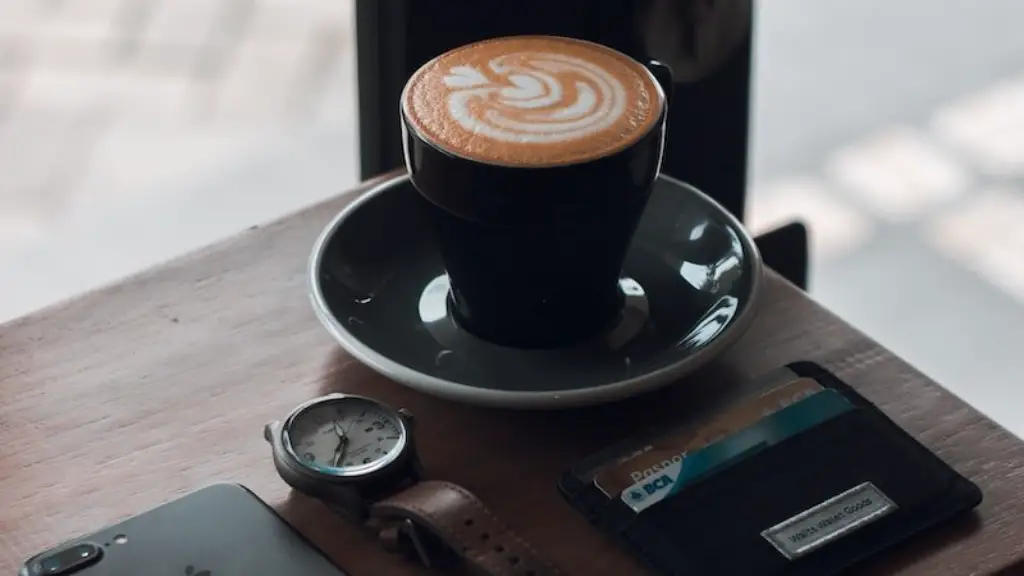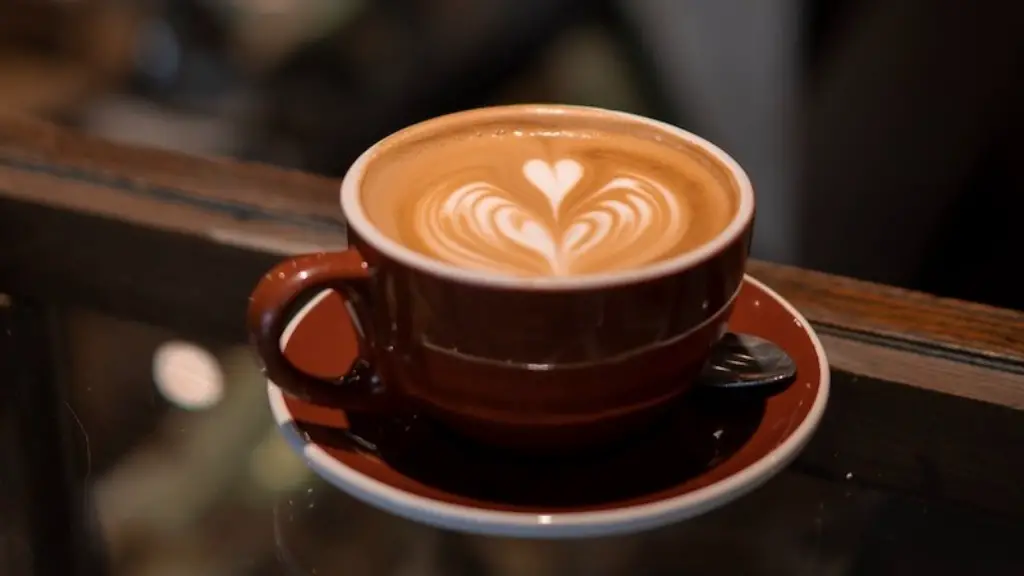History of Ground Coffee
Ground coffee has been part of traditional coffee practices for centuries, and unlike today’s machinery-driven grinding operations, was produced with a whole lot of elbow grease. Manual grinders, usually made of stone or ceramic, were paired with a pestle or arm to turn coffee beans into the desired texture. By 1901, the modern electric grinder was popularized, greatly reducing the time and effort it took to reach consistent grounds. But over the years, grinding technology has continued to mature, producing new grounds with different sizes, textures, and intensities.
Process of Making Ground Coffee
Ground coffee is made by grinding whole coffee beans, typically between a set of burrs, to a desired degree of fineness. The size and texture of the grounds can be adjusted to create a variety of flavors and intensities, from a fine espresso grind to a coarse french press. One of the greatest benefits of grinding your own fresh coffee is that it is much more flavorful than pre-ground packaged alternatives. The same batch of beans ground moments before brewing can yield an entirely different cup than if ground weeks prior.
Benefits of Drinking Ground Coffee
Ground coffee offers many health benefits. It contains large amounts of antioxidants, which help reduce inflammation and may lower the risk of certain diseases. It is also rich in caffeine, which can make you feel more alert and improve mental focus. In addition, drinking ground coffee can help suppress your appetite and help control blood sugar levels.
Can You Drink Ground Coffee?
The short answer is yes, you definitely can drink ground coffee. Brewing coffee grounds that have not been brewed before is often referred to as “fresh-ground coffee”. Numerous single-cup brewers, such as French presses and pour-over coffee makers, use freshly ground coffee to make coffee. This allows the brewer to take advantage of the full flavor and aroma of the coffee, rather than relying on pre-ground packages.
The quality of your coffee grounds is essential to brewing a good cup of coffee. The best way to get the freshest beans is to purchase them whole and grind them at home. Most coffee experts recommend grinding beans within minutes of brewing, as once the beans are ground, they quickly lose flavor and aroma due to their oils oxidizing. Coffee ground from pre-packaged bags may not have the same freshness and quality as freshly ground beans.
Risks of Drinking Ground Coffee
One of the risks of drinking ground coffee is that it could contain too many coffee grounds, leading to a bitter, over-extracted cup. To avoid this, use the correct grind size for your machine or method of brewing and follow the manufacturer’s instructions. You can also adjust the grind size and strength of your coffee to create the perfect cup for your tastes.
Ground coffee can contain harmful bacteria and mold if it has not been stored properly. Make sure to purchase ground coffee from a reputable source and store it in airtight containers in cool, dry places.
Effects of Drinking Ground Coffee
The effects of drinking ground coffee will vary from person to person, depending on their individual genetics and body composition. Some people may find it increases their alertness and focus, while others may experience an increase in heart rate or feelings of jitteriness. It’s important to monitor your body’s reactions when you are drinking ground coffee, and speak to your doctor if you have any concerns.
In general, ground coffee should be consumed in moderation. According to research from the Institute of Medicine of the National Council on Alcoholism, most adults can safely consume up to 400 milligrams of caffeine per day without any adverse health effects. Excessive consumption of caffeine may lead to headaches, difficulty sleeping, irritability and other issues.
How to Make the Perfect Cup of Ground Coffee
Making the perfect cup of ground coffee starts with the type of bean. To get the best flavor, look for high-quality beans that have been freshly roasted. The size of your grind is also important – if the grounds are too fine, the coffee will have a bitter taste; if the grind is too coarse, the flavor will be flat. Make sure to use the correct amount of grounds for your method of brewing.
Additionally, pay attention to the water you use. Poor-quality water is likely to affect the flavor of the coffee, so use filtered water, if possible. When you’re ready to brew, be sure to use the right temperature – usually between 195 and 205 degrees – and don’t over-extract the grounds, or else you may end up with a bitter cup.
Additives to Ground Coffee
Adding certain ingredients to your ground coffee can enhance its flavor and make it more enjoyable. For example, creamer, honey, chocolate chips, ground spices, and flavored syrups can all make for an interesting cup of coffee. To avoid overdoing it, start small and experiment with different flavors until you find the combination that’s just perfect for you.
Brewing Method and Ground Coffee
The brewing method you choose also makes a difference in the quality of your cup of coffee. Different methods require different grind sizes. For example, if you’re using a French press, you’ll need a coarse grind; but if you’re using an espresso machine, a finer grind is best. Make sure to check the instruction manual of your machine or method to get the best results.
Health Considerations of Ground Coffee
Drinking coffee, regardless of how it’s ground, may provide some health benefits, such as reducing the risk of certain cancers, improving cognitive function, and preventing diabetes. However, drinking too much can lead to adverse effects, such as headaches, restlessness, difficulty sleeping, and feeling jittery. Additionally, keep in mind that adding sugar and cream, as well as any other additives, can significantly increase the amount of calories and fat in your coffee.
Alternatives to Ground Coffee
If you prefer not to drink ground coffee, there are a few other options. Cold-brew coffee, for example, is made by steeping coarsely-ground coffee beans in cold water for an extended period of time. Concentrated coffee, also called espresso, is made by forcing hot water through finely-ground coffee beans. Both of these methods produce a different flavor profile than traditional hot coffee, and may be preferable for those who want a smoother, richer taste that’s full of flavor.
Conclusion
Ground coffee is a popular way to make coffee and is relatively easy to do. There are many health benefits associated with drinking coffee, so it is important to make sure it is not consumed in excess. Freshly-ground coffee beans may produce a better cup of coffee than pre-ground coffee, and using the right temperature and grind size will ensure the best results. Other alternatives, such as cold-brew and espresso, can also provide a unique and flavorful cup of coffee.




